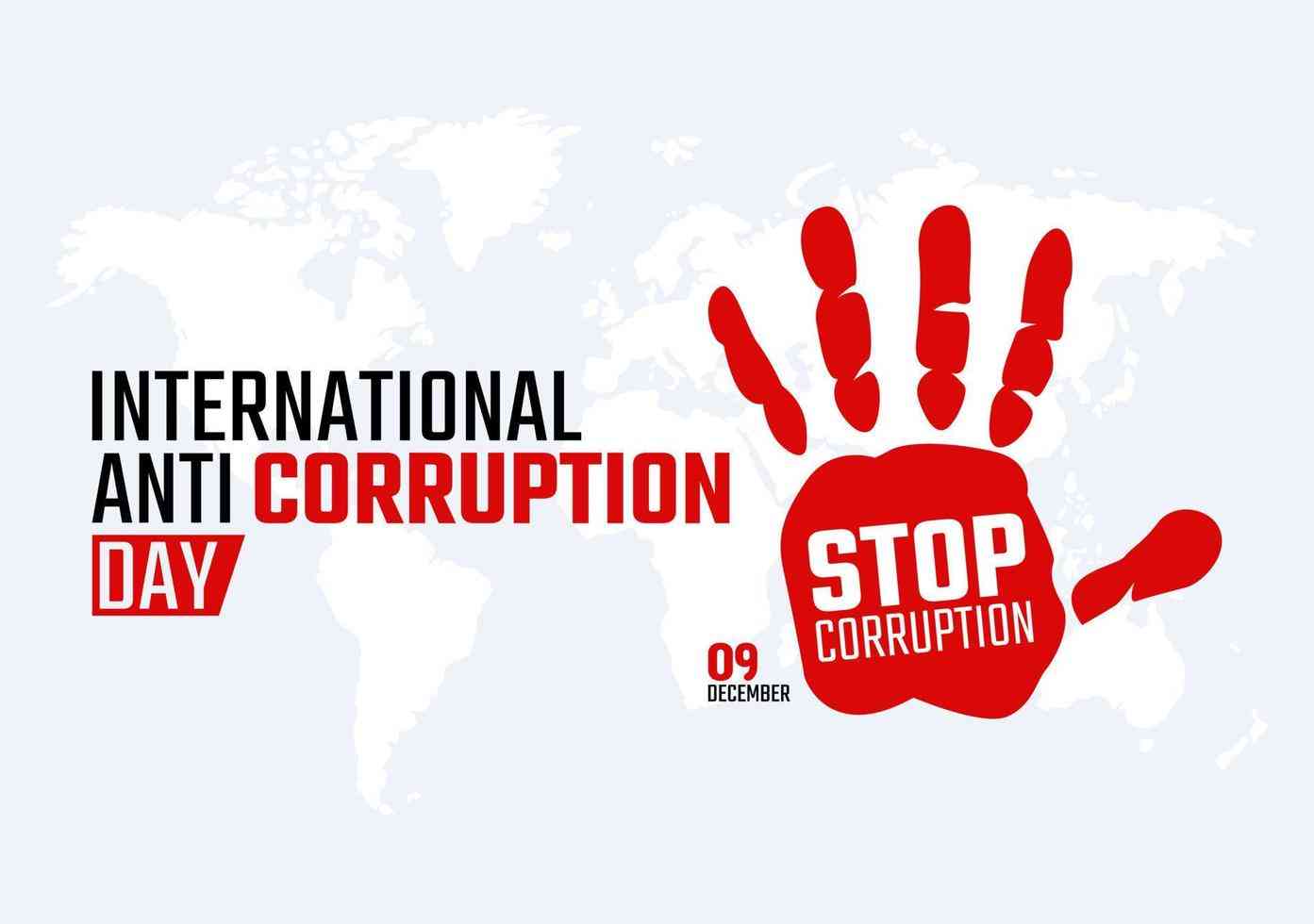
LAST month, the government introduced a new currency called Zimbabwe Gold (ZiG), in an attempt to address marauding inflation and exchange rate volatility.
As anticipated, public resistance has been strong due to past experiences.
The authorities have been both encouraging and threatening citizens to accept ZiG, while arresting suspected illegal money changers.
However, we believe these measures are misplaced.
The authorities themselves are to blame.
Since the new currency’s launch on April 5, the authorities have been inconsistent in their messaging. For instance, John Mushayavanhu, the governor of the Reserve Bank of Zimbabwe, has been issuing conflicting statements about the origins of ZiG. Initially, he claimed that ZiG was not the central bank's idea, but rather the brainchild of the Confederation of Zimbabwe Industries (CZI).
“We didn't invent ZiG; it was invented by CZI,” he was quoted as saying.
The governor also backed off, claiming that because he did not know much about structured money, the World Bank had invented it.
- Electoral violence looms: ZPP
- Zimbabwe’s 2023 elections: how to judge candidates’ social protection promises
- Letter from America: Is former president Donald Trump a hero or villain?
- Chidzivo, Tarakinyu clinch Kabag honours
Keep Reading
Quickly after, the governor told the State media that “no one told us to introduce the ZiG currency. We consulted widely, yes, but ZiG is my product as the governor of the Reserve Bank and if it fails it’s my fault; it’s my brainchild”.
Such back-and-forth is detrimental to ZiG.
It weakens public trust, which has been damaged by decades of policy inconsistencies. The nation's leadership is not doing much to aid the situation. At a family gathering in Masvingo last week, President Emmerson Mnangagwa was photographed giving crisp United States dollar bills to an elderly man who was dancing with his head turned down. Although the government may contend that Zimbabwe operates under a multicurrency system, we believe the President, in his capacity as head of state, ought to have done better.
He ought to have given the elderly man some ZiG notes just for good optics. That would have greatly increased the public's trust in the local currency. It would be challenging for the public to accept ZiG at this time given that their President advocates using other currencies instead of their own. How tragic and a wasted chance!
Additionally, the government has been pressuring wholesalers, shops, and schools to accept the new currency. However, the same officials do not hold government entities accountable when they require exclusive payment in greenbacks for their services. For example, the Civil Registry Department requires exclusive United States dollars in order to process passports.
The situation will not get better because it seems the legislation applies selectively. It is an animal farm. Since charity, as they say, begins at home, we expect our leaders to set a good example. They ought to be observed using the new money. It will not work to detain money changers and force people to accept ZiG, which the government does not trust. It is an exercise in futility.
Let us practice what we preach.
If not, ZiG will fail just like its forerunners did.










